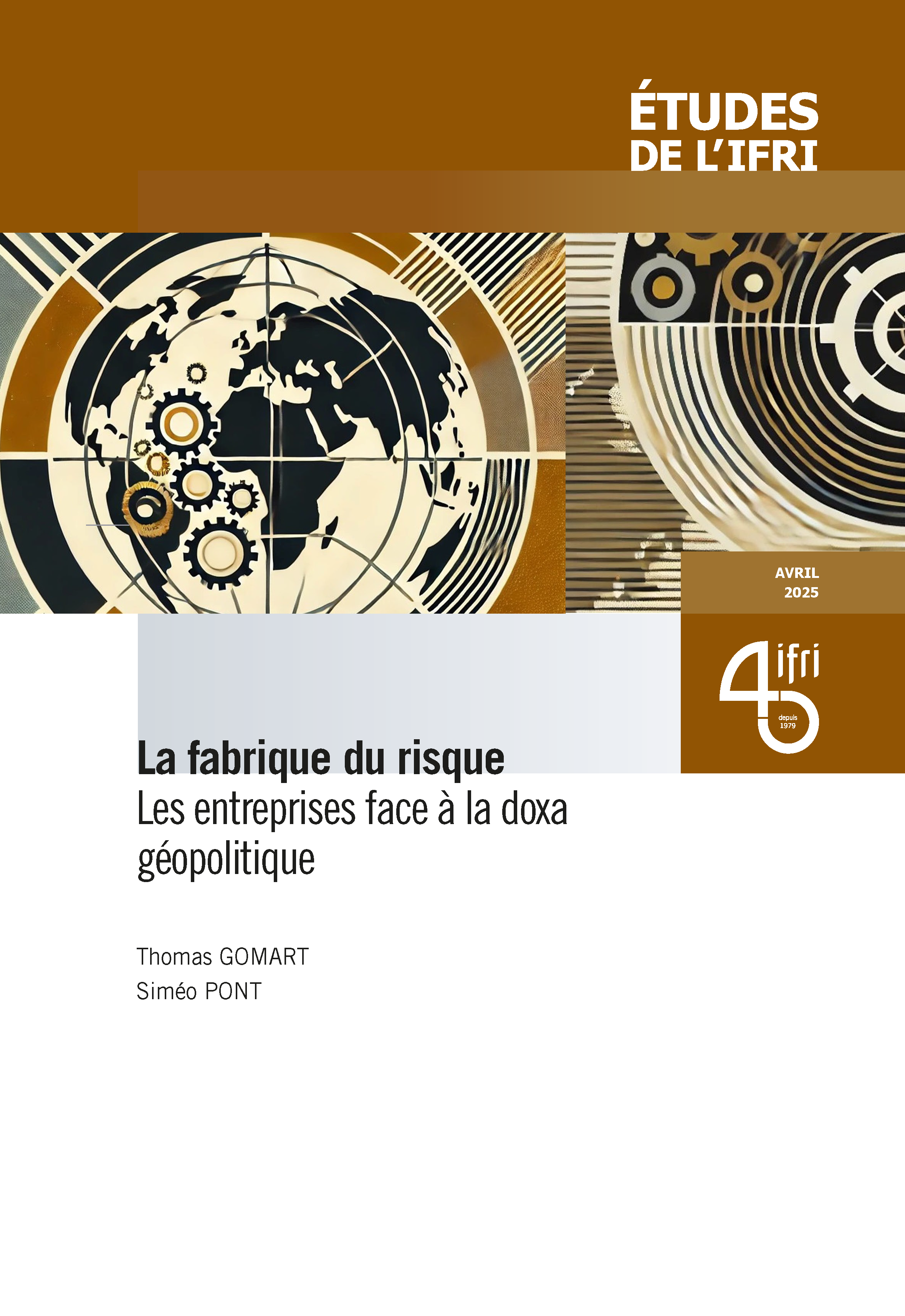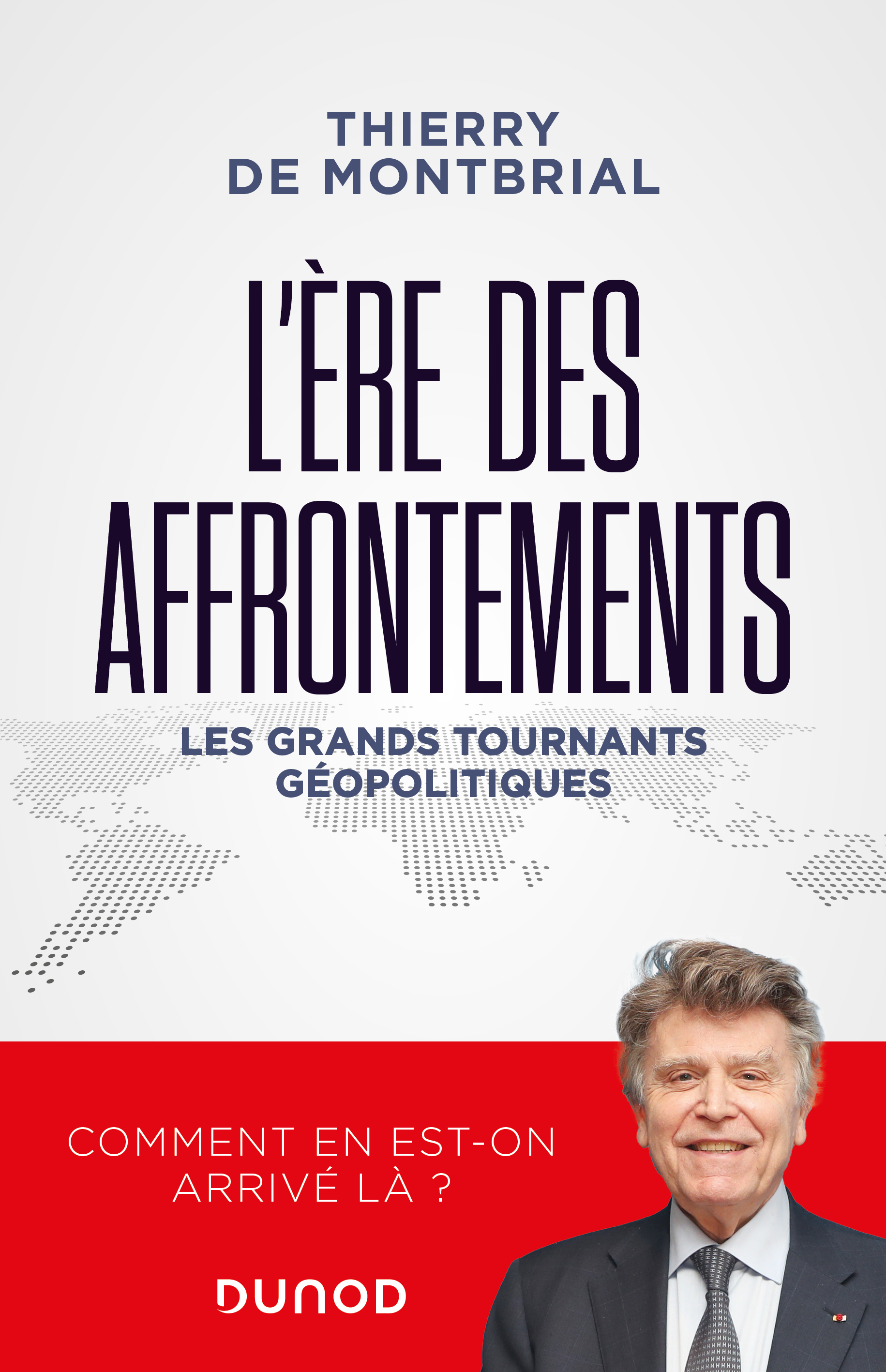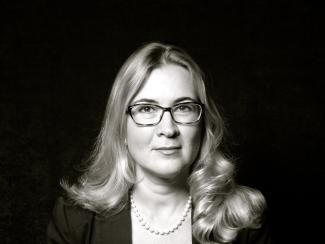Сегодня проходит второй тур открытых выборов кандидата в президенты от правоцентристской партии "Республиканцы". В его преддверии французская пресса анализировала вопрос о том, оказывает ли российская "софт пауэр" реальное влияние на исход этой гонки. В то же время американские СМИ обсуждают, как российские "интернет-тролли" повлияли на исход президентских выборов в США.
Читать статью

Поделиться





